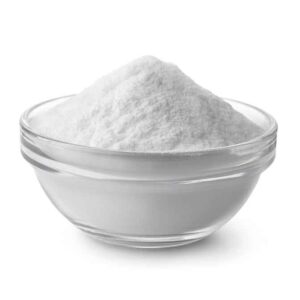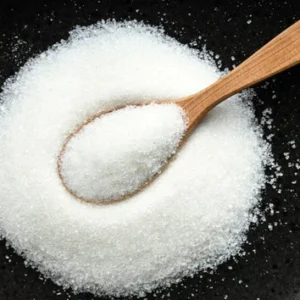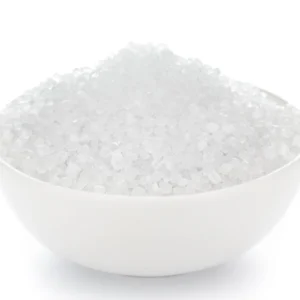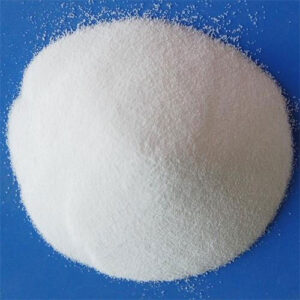Product Overview
Lactic Acid is an organic acid naturally produced by fermentation of carbohydrates. It is a clear, colorless to pale yellow liquid with a mild sour taste, widely used as an acidulant, preservative, and pH regulator in food, beverage, pharmaceutical, and cosmetic industries. Lactic Acid is valued for its biodegradability, safety, and functional benefits in various formulations.
Chemical and Physical Properties
-
Chemical Formula: C3H6O3
-
Molecular Weight: 90.08 g/mol
-
Appearance: Clear to pale yellow liquid (also available in powder form)
-
Purity: Typically ≥ 85% (liquid form)
-
Solubility: Fully miscible with water
-
pH: Acidic, typically 2.4 – 3.8 (depending on concentration)
-
Odor: Mild, characteristic acidic smell
-
Taste: Mildly sour
Applications and Functional Benefits
Lactic Acid is widely used for:
-
Acidification and pH control in dairy products, beverages, and fermented foods
-
Preservative to inhibit bacterial growth and extend shelf life
-
Flavor enhancer in bakery, confectionery, and beverage products
-
Chelating and buffering agent in pharmaceuticals and cosmetics
-
Moisturizing agent in personal care formulations
-
Biodegradable acidulant in industrial cleaning products
Its natural origin and multifunctional properties make it suitable for clean-label and health-conscious product formulations.
Quality Specifications
| Parameter | Specification | Typical Result |
|---|---|---|
| Appearance | Clear to pale yellow liquid | Complies |
| Purity (Assay) | ≥ 85% (liquid form) | 88% |
| pH (10% Solution) | 2.4 – 3.8 | 2.8 |
| Specific Gravity | 1.20 – 1.25 | 1.22 |
| Heavy Metals (Lead) | ≤ 5 ppm | < 2 ppm |
| Residual Solvents | Meets requirements | Complies |
| Microbial Count | Total aerobic bacteria < 1000 cfu/g | 400 cfu/g |
Sensory Profile
-
Appearance: Clear to pale yellow liquid
-
Odor: Mild acidic odor
-
Taste: Sour, refreshing
Packaging and Storage
Lactic Acid is typically packaged in food-grade plastic drums or steel containers of various sizes (e.g., 25 kg, 200 kg). It should be stored in a cool, dry place away from direct sunlight and incompatible substances. Shelf life is generally 12-24 months depending on storage conditions.
Regulatory Status
Lactic Acid is approved by FDA, EFSA, JECFA, and other international regulatory agencies. It is classified as Generally Recognized As Safe (GRAS) for food and beverage applications and is widely accepted in pharmaceutical and cosmetic industries.
Conclusion
Lactic Acid is a natural, multifunctional acidulant and preservative ideal for enhancing flavor, controlling pH, and extending shelf life in a variety of products. Its safety profile and versatility make it a preferred ingredient for modern clean-label formulations.






Reviews
There are no reviews yet.